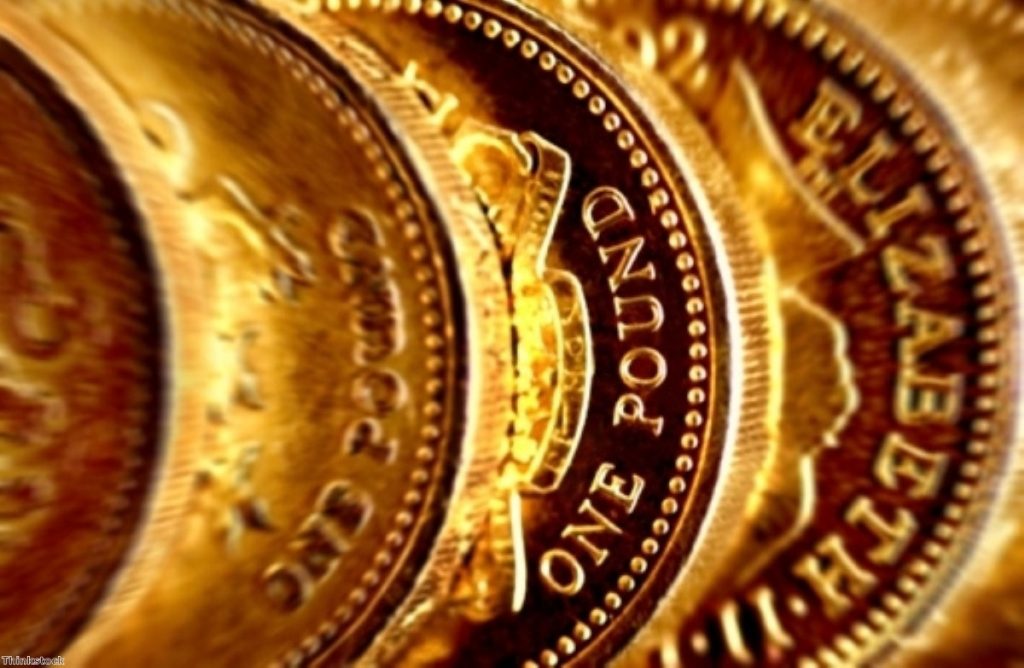Grim reading for Salmond as poll shows independence fading from view
There was further evidence the Better Together campaign was cruising to victory last night, after a poll showed voters were unconvinced by Alex Salmond's plans for currency union.
The Scottish Social Attitudes survey, conducted between May and July, showed 44% of people thought the economy would be worse after independence – a ten point increase on last year. Only 25% believe it would be better.
Thirty per cent of people believe the gap between rich and poor would be worse, an increase of five per cent on last year. Just 17% disagreed.
There was strong evidence that voters did not feel they had enough information to take the plunge into supporting independence, with six in ten voters feeling "quite" or "very unsure" of what separation would entail.


Only 27% of voters said they felt they knew "a great deal" or "quite a lot" about separation.
That raises further questions about Salmond's tactics during the TV debate with Alistair Darling last week, in which he focused on personal attacks against his opponent when being questioned about plans for the Scottish currency.
"The first minister was more concerned with talking about aliens and pandas during his TV debate with Alistair Darling last week, but this survey shows that the key issue for families in Scotland is the economy," Margaret Curran, shadow Scotland secretary, said.
"That is why the question of currency is so vital. It is about more than just the notes and coins in our pockets. It is about our mortgages and rent, our credit card and shopping bills, our savings and pensions."
The poll hints at why Salmond is resistant to spelling out a 'Plan B' to currency union, despite the fact all three main Westminster parties have ruled out the idea.
Sixty-eight per cent of voters said they would prefer a currency agreement in the event of independence.
Only eight per cent would support using the pound without currency union, while six per cent favoured the euro. Fourteen per cent backed adopting a new currency.
While the poll makes depressing reading for the 'Yes' camp, there was at least an increase in those planning to vote for independence.
Twenty-five per cent said they planned to vote 'Yes', up from 20% in 2013. That compared to 43% planning to vote 'No'. Twenty-nine per cent were undecided.
While the rise in the 'Yes' vote will give the Scottish first minister some hope, the rate of conversion is nowhere near fast enough to help him secure victory next month.
The survey also underlines Salmond's problem with women. Thirty-nine per cent of men back separation compared to just 27% of women.
At 12 points, it is a doubling of the gender gap since last year and the highest ever found in a Scottish Social Attitudes survey.
Salmond is significantly less popular with women, who give him a mean score of 4.4 compared with 4.9 from men.
Interestingly, there is also an increase in those who describe themselves as British, which has risen from 15% in 2011 to 23% now. Those who describe themselves as Scottish have fallen from 75% to 65% over the same period.
Those who say they are 'Scottish, not British' now account for just 23% of the population, the lowest it has been at any time since 1999.
As many as 32% now say they are 'equally Scottish and British', the highest percentage since 1999.









